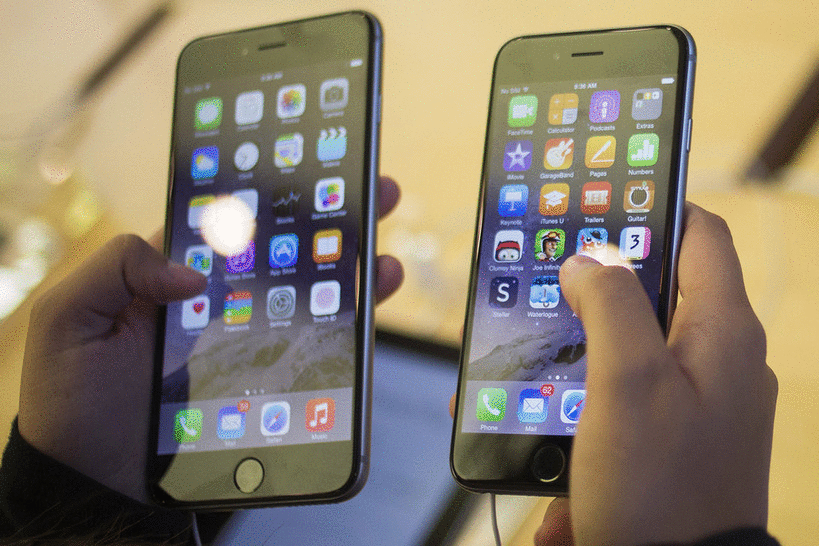
By Levar Alonzo
The Justice Department obtained a court order this summer demanding that Apple turn over real time text messages from suspects using iPhones. The investigation involved guns and drugs, and that the text messages were vital to the case.
On Sept. 7 the New York Times reported that Apple told the federal government that text messages in its iMessage system were encrypted, and therefore the company couldn’t honor the warrant. The Justice Department considered taking Apple to court over the issue but ended up dropping the request, at least for now.
Tech companies such as Apple, Google and Microsoft have long embraced the notion of keeping the federal government from accessing their customers’ information. National Security Agency contractor Edward Snowden foreshadowed this battle between the tech companies and the government in leaked documents.
“The public are suspicious if the government abuses its authority to gain access to our data in the name of national security,” said York College, Communication Technology Professor Larry Tung. “The government has lost many people’s trust since the Patriot Act, which was enacted in the aftermath of the 9/11 attacks and allows the government to conduct surveillance on individuals suspected of terrorist activities.”
In December of 2013 the Justice department also went to battle with Microsoft demanding that they release emails from suspects involved in a drug trafficking investigation. Microsoft’s response was to also deny the government access to data that is protected and encrypted.
Some of the documents in the Snowden case showed that the government had hacked into major tech companies without their knowledge. The tech companies responded by beefing up their security to guard against intrusion. The government on the other hand claimed that such blockage hinders them in the fight against terrorism, drug trafficking and other criminal activities.
“We aren’t seeking a backdoor way to get in, but legally a way so that we may obtain the information we need,” FBI Director James Comey wrote in a 2014 press release.
Apple and Microsoft have their data protected end-to-end, meaning that only users have access to readable data. The data becomes available when a user uploads his or her data into the cloud, which is wide open for anyone with the know-how to access. The tech companies argue that an open door to encrypted data would lead governments such as Russia and China to have an easier way to gain access to reach into U.S. data centers.
“This is an invasion of our privacy, I don’t have confidence in the government that they wouldn’t go beyond just getting the information they need,” said Rose-Mary Nunez, a 21-year-old Psychology major at York.
Most telephone companies have allowed the government to have wire taps orders into their systems but the tech companies continue to provide protection, remaining unmoved in their resolve.
Congressional hearings are being set up so that a compromise between the Justice Department and tech companies might be reached in the near future.

